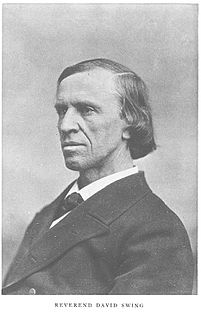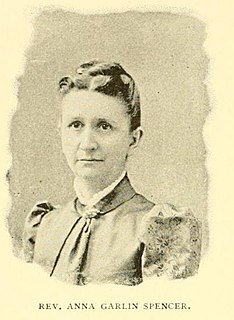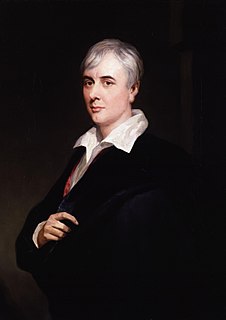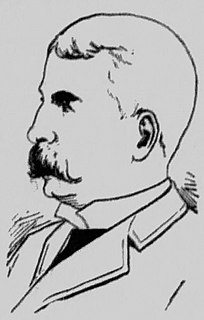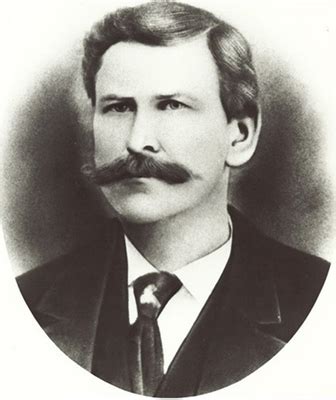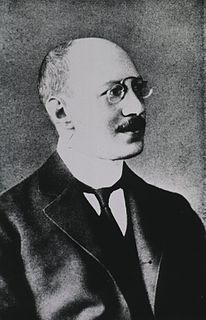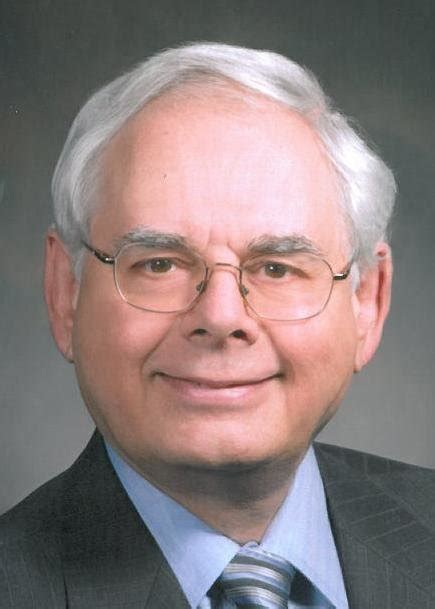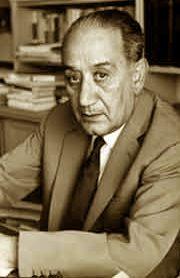Top 138 Philosophic Quotes & Sayings - Page 2
Explore popular Philosophic quotes.
Last updated on November 24, 2024.
The history of science should not be an instrument to defend any kind of social or philosophic theory; it should be used only for its own purpose, to illustrate impartially the working of reason against unreason, the gradual unfolding of truth, in all its forms, whether pleasant or unpleasant, useful of useless, welcome or unwelcome.
The efficacy of religion lies precisely in what is not rational, philosophic, nor eternal; its efficacy lies in the unforeseen, the miraculous, the extraordinary. Thus religion attracts more devotion according as it demands more faith - that is to say, as it becomes more incredible to the profane mind.
He had made a passionate study of education, only to come, gradually, to the knowledge that education is nothing but the process of building up, gradually, a complete unit of consciousness. And each unit of consciousness is the living unit of that great social, religious, philosophic idea towards which humankind, like an organism seeking its final form, is laboriously growing.
Imagine, capitalist America also divides the anarchists into two categories, philosophic and criminal. The first are accepted in highest circles; one of them is even high in the councils of the Wilson Administration. The second category, to which we have the honor of belonging, is persecuted and often imprisoned. Yours also seems to be a distinction without a difference. Don't you think so?
At the classical origins of philosophic thought, the transcending concepts remained committed to the prevailing separation between intellectual and manual labor to the established society of enslavement. ... Those who bore the brunt of the untrue reality and who, therefore, seemed to be most in need of attaining its subversion were not the concern of philosophy. It abstracted from them and continued to abstract from them.
But there are still many who continue to marvel at the wisdom of God in so planning the universe that big rivers run by great towns, and that death comes at the end of life instead of in the middle of it. Divest pleas ... of their semi-philosophic jargon, reduce his illustrations to homely similes, and he is marvelling at the wisdom of God who so planned things that the two extremities of a piece of wood should come at the ends instead of in the middle.
If when you say 'whiskey' you mean the devil's brew, the poison scourge, the bloody monster that defiles innocence, dethrones reason... then I am certainly against it. But, if when you say 'whiskey' you mean the oil of conversation, the philosophic wine... the drink that enables a man to magnify his joy... then I am certainly for it. This is my stand. I will not retreat from it. I will not compromise.
The gross debaucheries and atrocious cruelties are covered with a resplendent mental veil because of the systematic exposition of the philosophic principles in all fields of vice. Its justification by logical method as well as by precepts and examples only makes vice more horrible in effect, both for degenerate and normal beings
...the act of eating,which hath by several wise men been considered as extremely mean and derogatory from the philosophic dignity, must be in some measure performed by the greatest prince, hero, or philosopher upon earth; nay, sometimes Nature hath been so frolicsome as to exact of these dignified characters a much more exorbitant share of this office than she hath obliged those of the lowest orders to perform.
In this real world of sweat and dirt, it seems to me that when a view of things is 'noble,' that ought to count as presumption against its truth, and as a philosophic disqualification. The prince of darkness may be a gentleman, as we are told he is, but whatever the God of earth and heaven is, he can surely be no gentleman.
[Kepler] had to realize clearly that logical-mathematical theoretizing, no matter how lucid, could not guarantee truth by itself; that the most beautiful logical theory means nothing in natural science without comparison with the exactest experience. Without this philosophic attitude, his work would not have been possible.
Cats are the runes of beauty, invincibility, wonder, pride, freedom, coldness, self-sufficiency, and dainty individuality - the qualities of sensitive, enlightened, mentally developed, pagan, cynical, poetic, philosophic, dispassionate, reserved, independent, Nietzschean, unbroken, civilised, master-class men.
I shall not fear to say that the doctrine of self-interest rightly understood seems to me of all the philosophic theories the most appropriate to the needs of men in our time, and that I see in it the most powerful guarantee against themselves that remains to them. The minds of the moralists of our day ought to turn, therefore, principally toward it. Even should they judge it imperfect, they would still have to adopt it as necessary.
In recognizing that words have power to define and to compel, the semanticists are actually testifying to the philosophic quality of language which is the source of their vexation. In an attempt to get rid of that quality, they are looking for some neutral means which will be a nonconductor of the current called "emotion" and its concomitant of evaluation.
I don't like answering to other people's philosophies. I don't have any philosophy, I just believe in stuff. Either I believe in something or I don't. Like, I believe in the Rolling Stones but not in the Dave Clark Five. There's nothing philosophic about it. Whenever I'm linked with a movement, it pisses me off.
We read Charlotte Bronte not for exquisite observation of character - her characters are vigorous and elementary; not for comedy - hers is grim and crude; not for a philosophic view of life - hers is that of a country parson's daughter; but for her poetry. Probably that is so with all writers who have, as she has, an overpowering personality, so that, as we say in real life, they have only to open the door to make themselves felt.
The chief requisite for the making of a good chicken pie is chicken; no amount of culinary legerdemain can make up for the lack of chicken. In the same way, the chief requisite for the history of science is intimate scientific knowledge; no amount of philosophic legerdemain can make up for its absence.
After a study of some forty years and more of the great religions of the world, I find none so perfect, none so scientific, none so philosophic, and none so spiritual as the great religion known by the name of Hinduism. The more you know it, the more you will love it; the more you try to understand it, the more deeply you will value it
It is no compliment to be the stupidly idolised master of a dog whose instinct it is to idolise, but it is a very distinct tribute to be chosen as the friend and confidant of a philosophic cat who is wholly his own master and could easily choose another companion if he found such an one more agreeable and interesting.
Philo of Alexandria introduced in the first century what has been described as the 'Hellenizing of the Old Testament,' or the allegorical method of exegesis. By this, as Erdmann observes, the Bible narrative was found to contain a deeper, and particularly an allegorical interpretation, in addition to its literal interpretation; this was not conscious disingenuousness but a natural mode of amalgamating the Greek philosophic with the Hebraic doctrines.
The Universe is vast. Nothing is more curious than the self-satisfied dogmatism with which mankind at each period of its history cherishes the delusion of the finality of existing modes of knowledge. Skeptics and believers are alike. At this moment scientists and skeptics are the leading dogmatists. Advance in detail is admitted; fundamental novelty is barred. This dogmatic common sense is the death of philosophic adventure.
Unless we can make the philosophic foundations of a free society once more a living intellectual issue, and its implementation a task which challenges the ingenuity and imagination of our liveliest minds, the prospects of freedom are indeed dark. But if we can regain that belief in power of ideas which was the mark of liberalism at its best, the battle is not lost.
In this book it is spoken of the Sephiroth and the Paths; of Spirits and Conjurations; of Gods, Spheres, Planes, and many other things which may or may not exist. It is immaterial whether these exist or not. By doing certain things certain results will follow; students are most earnestly warned against attributing objective reality or philosophic validity to any of them.
There will be some fundamental assumptions which adherents of all the variant systems within the epoch unconsciously presuppose. Such assumptions appear so obvious that people do not know what they are assuming because no other way of putting things has ever occurred to them. With these assumptions a certain limited number of types of philosophic systems are possible, and this group of systems constitutes the philosophy of the epoch.
The bourgeoisie, which far surpasses the proletariat in the completeness and irreconcilibility of its class consciousness, is vitally interested in imposing its moral philosophy upon the exploited masses. It is exactly for this purpose that the concrete norms of the bourgeois catechism are concealed under moral abstractions...The appeal to abstract norms is not a disinterested philosophic mistake but a necessary element in the mechanics of class deception.

